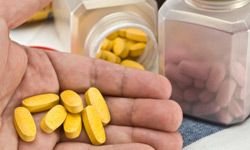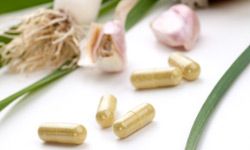Choosing which supplements to take can be tricky because there's an almost inexhaustible array for men to choose from. Unfortunately, the data and scientific evidence about their effectiveness is often incomplete or inconsistent. So how do you determine just which supplements really make a difference in men's health?
First, research the supplements' actual health benefits, as well as their relevance to the most common health problems men encounter, such as heart disease, prostate cancer and diabetes. It's always important to discuss any supplements with a physician familiar with your health history and specific health needs.
Advertisement
To help you get started, here's a list of five of the most important supplements for improving your overall health.


